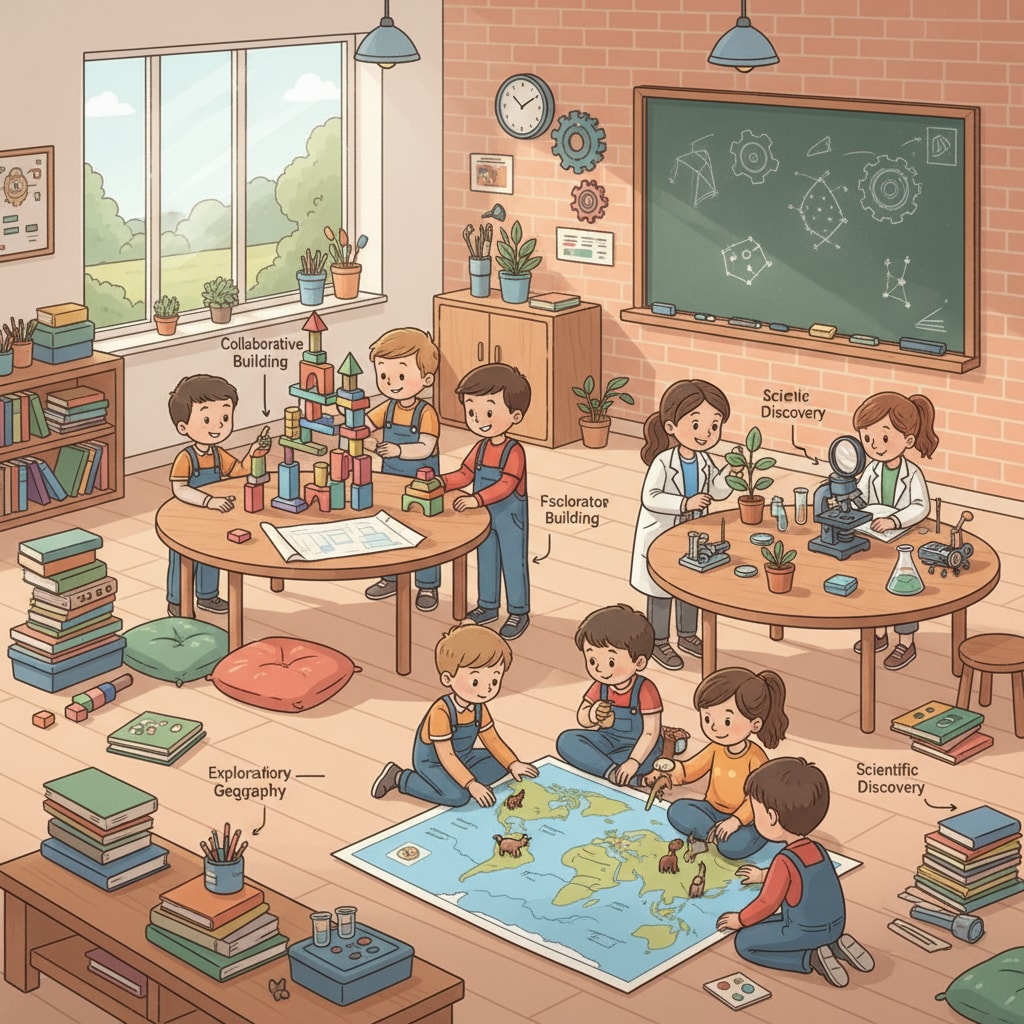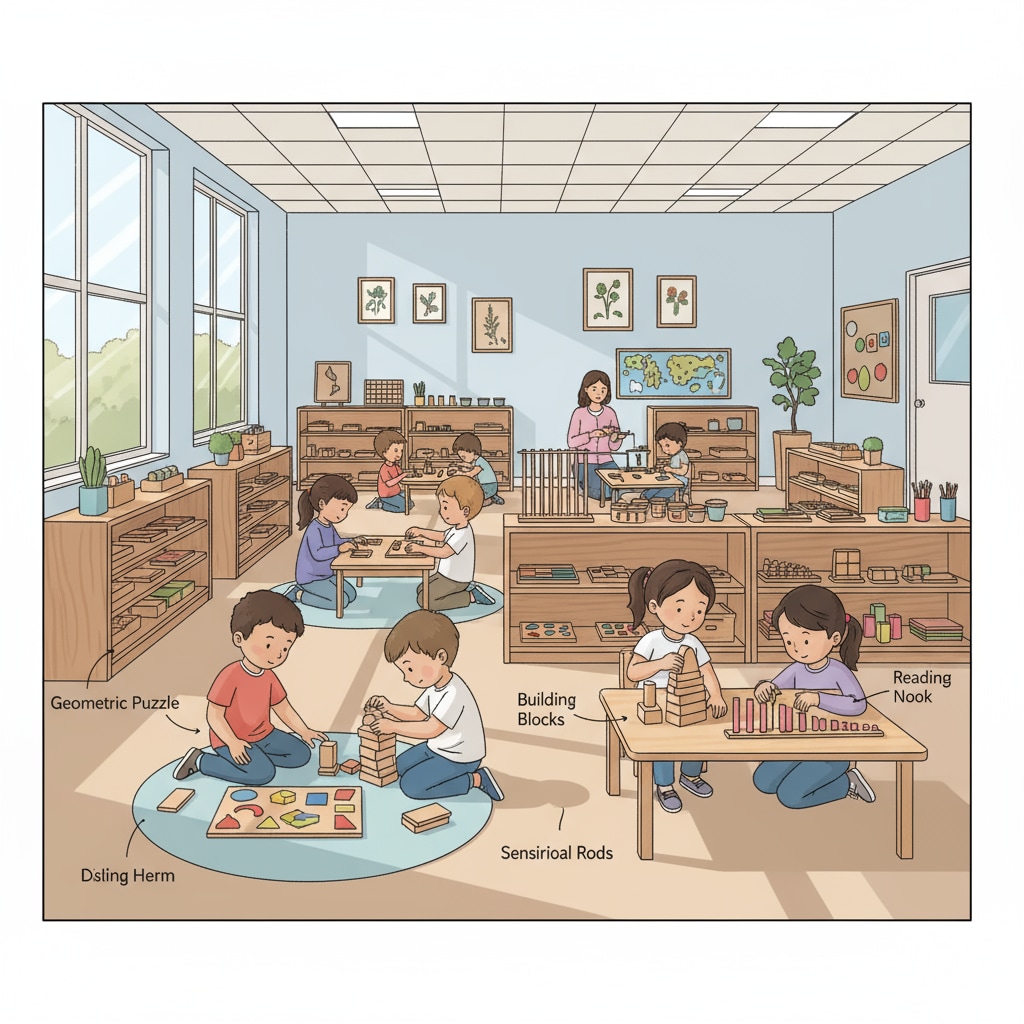Educational choices, school alternatives, and learning experiences are becoming increasingly important topics for parents in today’s world. More and more moms and dads are looking beyond the traditional K12 education system to find the best fit for their children, especially those who might be a bit “different.” These kids may have unique learning styles, interests, or needs that aren’t fully met by conventional schools. Let’s take a closer look at some of the alternative options available and how to make an informed decision.

The Quest for Alternative Education
Traditional schools follow a one-size-fits-all model to a large extent. However, every child is unique. Some may be highly creative, others might be advanced in a particular subject, and some could have learning difficulties. As a result, many parents are seeking educational alternatives. For example, a child who is passionate about art but finds the limited art curriculum in a regular school unfulfilling may thrive in an alternative setting. According to Wikipedia’s Education page, alternative education aims to provide different learning experiences that better accommodate individual differences.
Montessori Education
Montessori education is a well-known alternative approach. It emphasizes hands-on learning, independence, and self-directed exploration. In a Montessori classroom, children are given the freedom to choose their activities within a prepared environment. They learn at their own pace, which can be highly beneficial for those with unique learning rhythms. Montessori schools often have a multi-age classroom setup, allowing older children to mentor younger ones. This not only enhances the learning experience but also promotes social skills. As described on Britannica’s Montessori Education page, this method has been proven effective in nurturing a love for learning in many children.

Democratic Schools
Democratic schools are another interesting alternative. In these institutions, students have a significant say in the decision-making process, including what and how they learn. The curriculum is often student-driven, allowing them to pursue their interests. For instance, if a group of students is interested in environmental studies, they can design a project or course around it. This kind of learning environment can be great for kids who are self-motivated and want more control over their education. It offers a unique learning experience that encourages critical thinking and responsibility.
Hybrid Education
Hybrid education combines the best of both worlds – in-person and online learning. This option gives children flexibility. They can study at home at their convenience, accessing a wealth of online resources, and also have face-to-face interactions with teachers and peers in a physical classroom. Hybrid education can be suitable for children who need a more flexible schedule, perhaps due to extracurricular commitments or health reasons. It provides a diverse learning experience that can adapt to different circumstances.
Micro-schools
Micro-schools are small, often community-based educational settings. They typically have a small number of students, which allows for more personalized attention. The curriculum in micro-schools can be tailored to the specific interests and needs of the students. This close-knit environment can create a supportive and engaging learning experience, especially for children who may feel lost in a large school environment.
When choosing an alternative educational option for your child, it’s crucial to consider their personality, learning style, and long-term goals. By exploring these different alternatives, you can find the best fit that will provide a fulfilling and effective learning experience. Educational choices, school alternatives, and learning experiences should be carefully weighed to ensure your child’s educational journey is a successful one.
Readability guidance: This article uses short paragraphs and lists to summarize key points. Each H2 section provides relevant information in a clear manner. The passive voice and long sentences are kept to a minimum, and transition words are used throughout to enhance the flow of the content.


